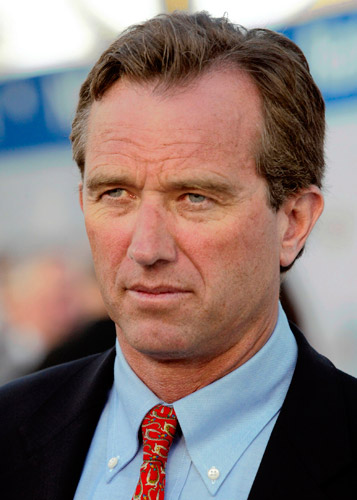It goes without saying that, considering the number of occasions on which we have robustly condemned in this space how pointless and retrogressive the U.S. stance toward Cuba has been, President Obama’s announcement last week of a major policy re-set was news that got a big thumbs-up here. About the braying from the usual suspects that has come in the wake of his long overdue course correction, we would simply say to the president: “Keep on strutting!”
Chances were minuscule that there could be any objectivity-based rationale for the nations of the world being almost unanimously wrong on the issue of America’s decades-old Cuba embargo being kept in place, while this country, joined by one or two lackeys in the UN, conspicuously thought itself correct. Surely, even neighboring Canada and other close western allies deserting the U.S. on its inflexibility regarding the embargo should have been enough of a reality check.
And undoubtedly it was, probably as far back as the Carter presidency, reports suggest. The red flag all these years being a Cuban-American population in Florida whose stock over time had so risen as to make it a classic rendering of tail wagging dog in American politics. Maintaining Cuba’s pariah status became, for Florida’s Cuban-American bloc, a major wedge issue which, politicians came to understand, they would oppose on pain of political death. The Cuban-American lobby wielded a clearly disproportionate degree of power in the political marketplace. Perhaps the most bizarre example of that sense of power mirrored at base level in the Cuban-American community was the celebrated story of young Elian Gonzalez in 2000, when the boy’s relatives stood in defiance of the U.S. Justice Department following a court ruling that the relatives had to release Elian to his father.
It’s not surprising, in light of the Cubans-in-Florida factor, that Washington would want to first check that community’s pulse before venturing onto the sensitive ground articulated by the president the other day. Once again it’s been time, good old reliable time, working its magic the way only time can to tidy things up, even when they seem irreparably messy. Polls have been indicating, in more recent times, that the younger set among Cuban-Americans aren’t quite the stubbornly combative, pro-embargo types predominant in the generation(s) before them. So came the cue that initiating a policy switch would not occasion the political suicide risk it once did. Joining the rest of the civilized world in honestly appraising an idea whose time had long gone became, if not necessarily hazard-free, not the very perilous move it formerly was.
What’s left, by way of barriers to enlightenment and progress, is the braying of head-in-the-sand characters and apologists for American hegemony, come what may, who would rather that the U.S. hewed to the regressive, punitive provisions of the Helms-Burton Act till kingdom come. That act, passed by Congress in 1996 to even further tighten the screws on the U.S.-Cuba no-trade status already existing, being as hard-line as is suggested by the two arch-conservative Republicans whose names it bears.
Common to all the rhetoric about how wrong it is to now proceed with a policy change is that the obstructionists insist they have the Cuban people’s best interests at heart. That this “news camera” line is just so much hot air is of course immediately borne out by the reception that greeted the president’s announcement on the streets of Havana. From all we’ve been able to gather, it seems obvious that a thaw in relations between the two countries is something that has generated nothing but positive excitement for the average Cuban. So what super-grade wool are these jokers attempting to pull over people’s eyes, about having the Cubans’ back? Trying your darnedest to block what Cubans see as opening up economic opportunities for them is one helluva way of expressing solidarity, isn’t it?
And then there’s the barefaced disconnect so many folks have hastened to point out, regarding these disingenuous critics raising hell about Obama’s move to end a Cuba policy that had outlived any usefulness, while there’s no squawking whatsoever about this country’s continuing relationship with China. Richard Nixon scored himself a major re-election campaign bonanza with his breakthrough visit to China in 1972, nothing but hosannas for this emanating from the very quarter whence comes today’s anti-Cuba drumbeat. Evidently, the potential for a big-business windfall following the opening of trade with China neutralized any contemplation there may have been of lecturing the Chinese on what governmental form they should have. For pipsqueak Cuba, all bets off.
In the final analysis, what has followed the Cuba announcement is true to form with the tiresome polemical barrage from the right that the president has faced throughout his term. Another Democratic president would likely have been ripped into as well for doing likewise. For this one, poison darts come with the territory. It’s Cuba today, who-knows-what tomorrow.
























